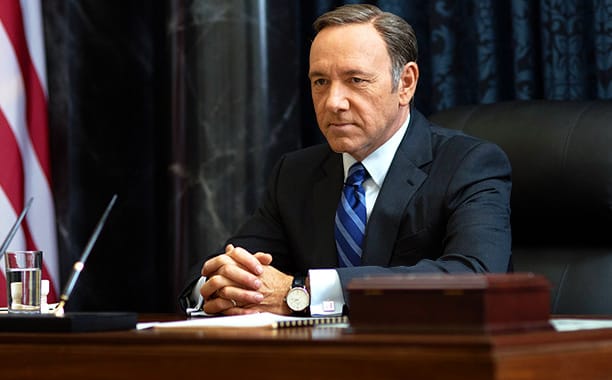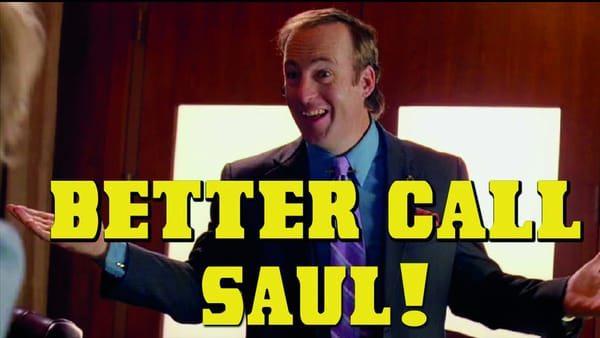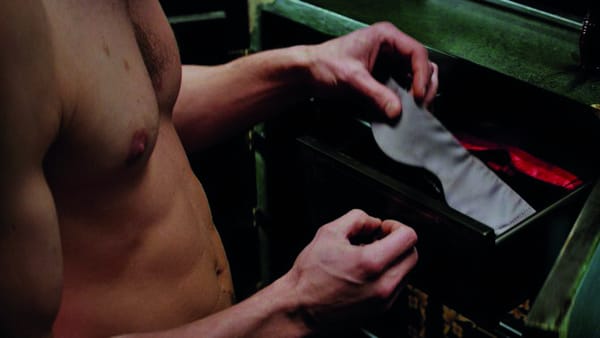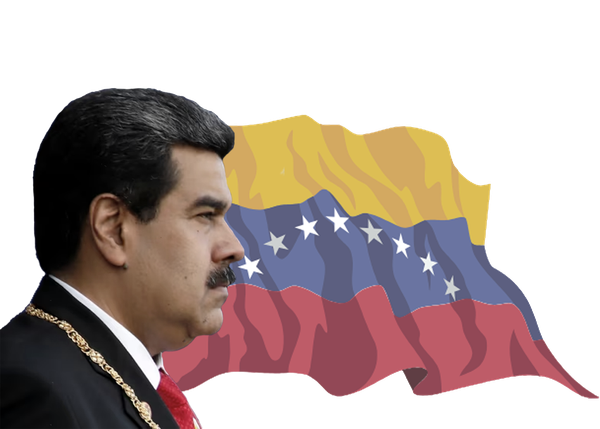House of Cards series 3 review: worth the wait, worth your weekend
Joshua Renken gives a brief overview of the latest 13-episode installment of the hit US web television series. In short: less sex, more politics.

This review contains one big spoiler!
After a year of waiting, the much anticipated third series of House of Cards has finally reared its head. The 13-episode season was uploaded to Netflix at 8am last Friday, and no doubt millions of people decided to binge on the web television series over the weekend.
This new series was always going to be rather different to the previous two, because Frank’s position has fundamentally changed. Before the end of the last series he was constantly on the offensive, fighting tooth and nail to take down Walker and snatch the top spot for himself. But now that Frank and Claire have achieved what they set out to do, it is now a case of maintaining the power and winning popular support with a view to the upcoming 2016 election.
This new season picks up three months after Frank's swearing-in as president, with less than two years before the next election. Since Frank was never voted in by the public it will be an uphill struggle, and he must make his short time in office count so that he has something to present to the American electorate.
Frank’s big policy is the ‘America Works’ job programme that will spend $500 billion to find jobs for every single able-bodied person in the country. Mr and Mrs U are acutely aware that public image is everything and they must focus their efforts on quashing the campaigns of other democratic presidential candidates. It’s not paranoia if they really are out to get you.
It may sound like a strange comment to make about House of Cards, but this new series is very, very political. There are strong parallels between the political landscape in series three and what is going on today. The politics extends beyond domestic policy and reaches as far as Russia and the Middle East. President Petrov (Lars Mikkelsen), who is effectively a carbon copy of Vladimir Putin, mirrors the situation we see today. They discuss actual events such as rising Middle East tensions and the pussy riot protesters, while creating a fictional gay rights activist who Mrs U is trying to get released in Russia. The meetings between Underwood and Petrov are the most thrilling in the series and have a very real-world sting in its tail.
One of the starkest differences in this series is the frequency with which Frank swears. This might seem like a small detail, but it makes a real impact in the dialogue. Most of the swearing is delivered within a threat or in one of Frank’s angrier fourth wall breaking monologues.
In one tense discussion with another democratic presidential candidate, Frank ends a phone call with this splendid bit of prose: “I have only one thing to say: go fuck yourself.” He then turns to the camera and explains “Christ that felt good”. In the next monologue, Frank declares that his opponent “can go after me but if she goes after Claire I’ll slit her fucking throat in broad daylight.” You’ll probably agree, there’s a tad less poetry to this than the prose Underwood used to share with the audience.
It is also true that in this series Frank’s straight-to camera monologues are altogether less grandiose than his early soliloquys. Less wisdom is imparted and instead Frank’s mood and opinions are more commonly vented through discussion with Thomas Yates (Paul Sparks), the popular novelist who the president asks to write his autobiography. Yates is an interesting addition to the ensemble of conniving politicians and his interactions with Mr and Mrs U give the series some extra momentum and intrigue. One of the greatest issues with ‘Cards’ is that the series does not attempt to reveal anything about why the Underwood’s are so hell bent on the acquisition of power. But Yates begins to ask the questions that the audience want
The latest episodes do a better job than the second series of making each plot strand equally attention grabbing. Doug’s storyline is more stimulating this time round and you even take an interest in the guinea pig wielding cyberterrorist. Though his departure from the show would still be welcome so that the writers can distil House of Cards down to the essence of what we really care about: Frank, Claire, their relationship and the presidency. In that order.
Speaking of the Underwoods’ relationship, this is the central theme that this series will be remembered for. The cracks are appearing as the pressure of high office takes its toll on the couple and the final episode leaves their delicate relationship on a cliffhanger. There is no doubt that this series puts to bed one of the biggest issues with the previous two series, which was that Frank seemed to be able to glide over all problems with unrealistic ease. Now he is noticeably more troubled and has met worthy adversaries and truly challenging obstacles. The situation seems much more critical than it did in the first 26 episodes and we really see the ugly reality of the American Presidency.
As with the previous series, there is no shortage of ‘what the fuck?’ superficial shock factor moments that House of Cards so regularly employed during Frank’s rise to power. These short scenes once again do nothing for the overall storyline and come across as a lazy attempt at character development.
Just like the first two seasons, House of cards is nothing if not confident in its execution. The performances are first rate and Spacey continues to own his character with exacting standards, while also subtly indicating the monumental strain of high political office.
This series marked a change in the dynamic and felt like a more realistic representation of Washington politics. A darker West Wing. Frank’s formidable and principled democratic opponents also demonstrated an attempt to stop painting all politicians with the same brush. Sure, Frank’s evil. Sure, Claire’s evil. But not all politicians are that morally bankrupt.
Series three is slightly less addictive to watch than the first two seasons, probably because the chase is up and now it is about staying in control. There is still plenty of scheming, but it is more reactive than proactive. Nevertheless series three is another eleven hours of delicious drama that doesn’t disappoint. It’s a bit of a slow burner at first but becomes more nail biting than ever as it moves to the crescendo. There is more than a whiff of Shakespearean tragedy to House of Cards. Season three in particular. This series has set itself a high bar and is doing a remarkable job when you consider the audacity of the project. After all, what greater stage is there than the Oval office?







